Saunter: Walking The Sacred Earth

As we walk to the Holy Land, I remember a phrase that Tim, a fellow pilgrim had mentioned to me earlier in the walk when we were traveling through France, “à la sainte terre”.
à la sainte terre
This phrase is from the essay, “Walking“, written by Henry David Thoreau. In it he describes the origin of the word “sauntering“. Below is an extract from the essay:
I have met with but one or two persons in the course of my life who understood the art of Walking, that is, of taking walks, who had a genius, so to speak, for sauntering; which word is beautifully derived “from idle people who roved about the country, in the middle ages, and asked charity, under pretence of going à la sainte terre” — to the holy land, till the children exclaimed, “There goes a sainte-terrer”, a saunterer — a holy-lander. They who never go to the holy land in their walks, as they pretend, are indeed mere idlers and vagabonds, but they who do go there are saunterers in the good sense, such as I mean. [1]

Saunter
To saunter in English means to walk with a leisurely gait; to stroll. It is to walk on the earth lightly and leisurely. Even though we are walking a great distance, when I am not focused on the destination, instead, by being aware of my environment and enjoying the surroundings, even long distances can feel like sauntering.
It is only when I focus on ‘getting somewhere‘ that I miss out on the joy of walking. I miss out on the full-body sensual experience of walking and engaging all my senses.
By sauntering I am able to enjoy ‘the fruits of the earth’ – taste the herbs and fruit along country paths and edges of fields, smell the crushed thyme and camomile underfoot or the smell of yesterday’s blazing afternoon in the dried grass and earth in the early morning walks, to feel the cold wet dew on vegetation on my fingers as I brush past on a narrow path, to listen to the steady lulling march of footsteps on a gravel path or the squelch of shoes in mud, to watch thousands of scintillating drops on blades of arborio rice leaves in the morning sun or the atmospheric effects of light on morning mist.

Making Love
There is a love that fellow walkers may experience when walking. They may describe it as a love to be outdoors in the fresh air. A love that sees there worries dissipate through the simple act of walking. For others it helps to relax and rejuvenate them. Others still enjoy the sense of exploration and discovery that comes with walking.
All the above I experience when walking. Yet there is something more. I feel a deeper connection to the earth. I feel her nurturing me. With feet touching the earth I am planted with every step to ‘terra firma’. I am ‘grounded’ as I walk.
As I walk the earth, her countours with every step caress my feet and she is equally caressed. Her body softly undulating, peaking, descending, rippling – with each varied step I notice my muscles responding to the diverse footscapes. It is a sensual experience. Mindfully walking, my feet are massaged, my heart expands and I experience ‘earthvana’.
Road Walking
Walking on an even tarmac road is a very different experience. The flatness underfoot and the repetitiveness of the experience leads to muscle strain (repetitive strain injury). The gentle massage is replaced by ‘pounding the pavements’ and roads. It is a hard way to walk for long distances. Below is an audio recording as I walked along a gravel road in the Piedmont region of Italy:
Pavements and roads destroy the beauty and sensuality of walking. The earth is hidden beneath a layer of black bitumin. She cannot breathe, entombed. Suffocated. Road heat and lessened shade makes the promise of sauntering a distant memory.
The sacredness of the earth is buried beneath efficiency and speed. Roads are carved through hills and mountains to create a quick way to get from A to B in machines that elevate us above the earth. We tunnel and travel through mountains to maintain speed and rush headlong into the future.
Walking is a slow form of movement. It is about experiencing the earth, very much unlike driving. Driving ensures that the connection to the earth is tenuous to say the least. We have a glass screen that we see the world hurtle by.
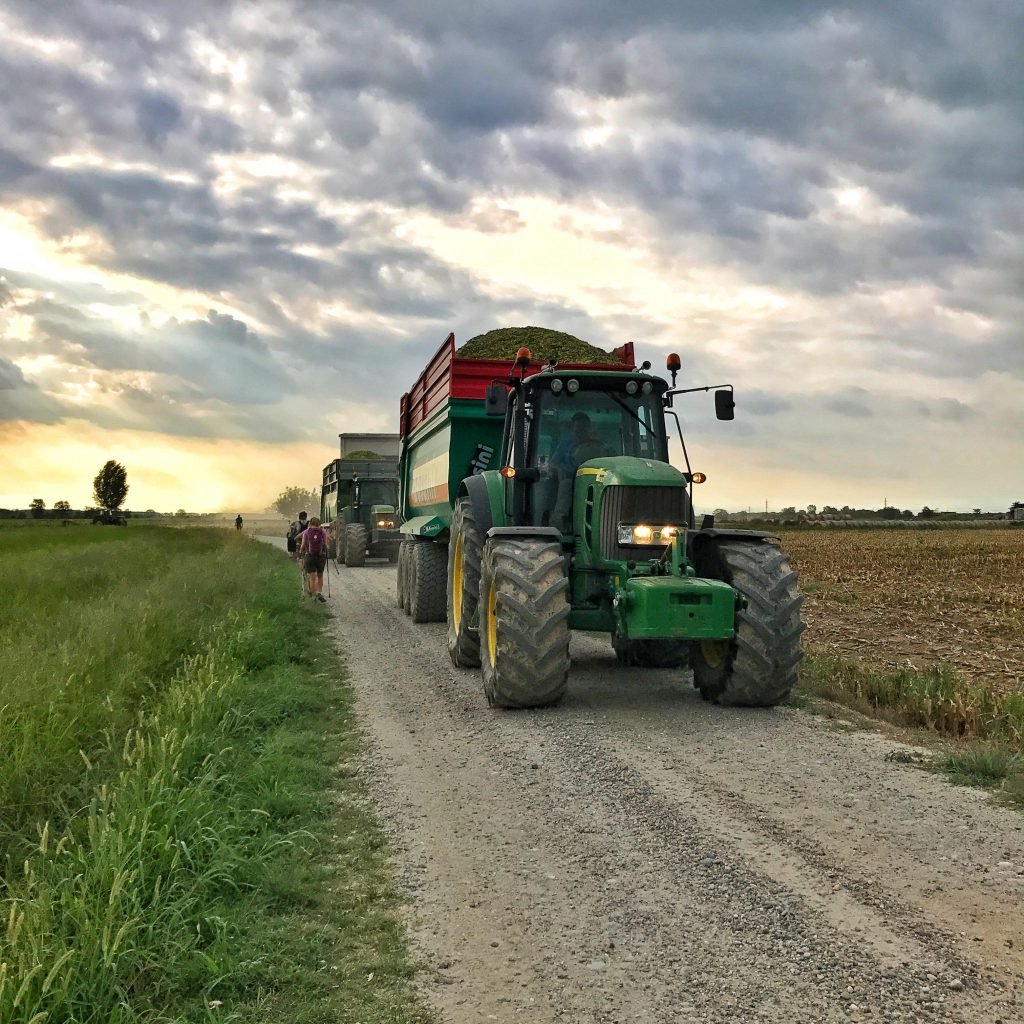
Industrial Farming
Walking from London to Jerusalem, passing through France, Switzerland and Italy to date, I have noticed different methods of farming.
There were little Italian village plots of earth lovingly nurtured growing bountiful mixed crops of fruits and vegetables. There have also been small fields surrounded by hedges in Kent providing shade and biodiversity for the wildlife. But the overwhelming kind of farming we have seen has been industrial scale farming in England, France and Italy. Predominantly in France most of the hedgerows I assume that once existed were removed to make way for large scale fields.
Walking through these vast flat fields or skirting the edges is like walking through a desert. The heat, glare and sunlight in the middle of summer leaves us thirsting for shade and water. Walking through the mist of sprinklers provides welcome relief as does dipping our feet in an irrigation channel.

Disconnection To Food
Large scale industrial farming provides maximum efficiency per square foot of land to feed an ever increasing population. A population addicted to consuming and often excessive food wastage.
There is a disconnect to the earth. We buy our food from supermarkets. Our fruit and vegetables may have been transported great distances, frozen or refrigerated for us to simply select from great bountiful displays. The other day I ate a banana in Italy and it had a sticker letting me know that it has come from Columbia. Our food is processed, de-natured, made unrecognisable from the food that came from the earth. The goodness that the earth is stripped in the process, and often vitamins added to give the impression of earthy vitality again.

Losing Touch
Walking alongside fields I have noticed very few fallow fields. There seems to be very little crop roatation. Instead I see great big machines replacing the human touch working vast acres of land. Ploughing them, using immense amounts of water, and being harvested by these clever monster machines.
Industrial farming has taken away from the reverence of the earth. The human touch has disappeared. The earth has become another natural resource to be exploited for short term gain, to feed the ever-hungry expanding consumer society we find ourselves in.
Maximum yield and profits per square foot of land means that the soils that we passed seemed depleted. We have seen fertiliser used to provide nutrients for growing and pesticides sprayed on crops to ensure that crop yields aren’t diminished by insects.

The Pied Piper
The love for the earth has been lost as we naively follow the Pied Piper promising greater joy and happiness through consumerism.
The Pied Piper of Hamelin in the German tale wears colourful or pied clothing and with his magic pipe lures the rats out of the town of Hamelin. So too, we are lulled by the abundance and joy we are promised through globalisation, the rats, which are life’s hardships and toil are supposedly led away by the promise of comfort, as are the future inheritance of our children.
The rise in monoculture both in food farming practices and globalisation is creating a great desert of emptiness. Globalisation is seeing the loss of culture, and the reverence for the earth as we consume beyond the sustainable means of our planet. There is a race to sameness, and a loss of difference. The pied or multi colours that the piper promised haven’t materialised in our hunger for materialism. Instead we see greater disparity between those who have and those who don’t.

Changing Climate
Walking long distances allows you to notice the changing landscape.
Traversing the Swiss Alps and speaking to worried business owners who have had little snow for the past two years the effects that we have had on the earth are beginning to show in extreme ways. There was almost no snow on the mountain tops and listening to their concerned laments points to extreme changes ahead.
There are those who refuse to acknowledge global warming and that we can only keep pillaging the earth ‘resources’ for so long before change is inevitable. They are often the ones making the big dollars that want us to keep our heads in the sand.
Walking through the Italian region of Piedmont (which means foot of the mountain) through water intensive rice fields and then onto Lomabardy we are beginning to speak to farmers who talk of experiencing water shortages.
Crossing over numerous bone dry rivers has confirmed this. Yet we continue to farm the land in ways that create vast amounts of heat, and require huge amounts of water, fertilisers and pesticides to keep up yields.

Spent Earth
Walking also allows one to walk the earth. To see the effects of industrial farming. There is a deep feeling of desolation in some areas. The earth has been ‘spent‘. It is exhausted, barren. You can only squeeze so march blood from the earth. Yet we continue to squeeze every last living drop.
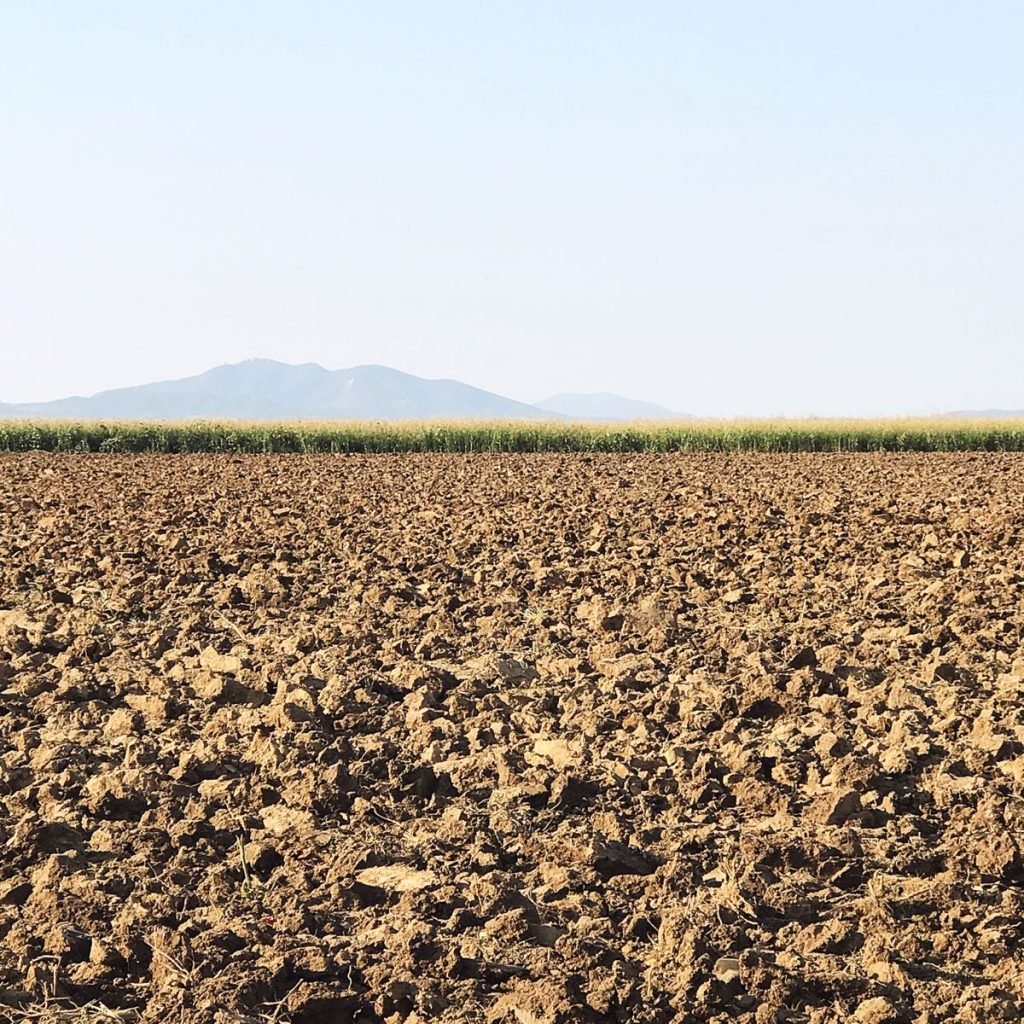
Living Earth
Traditional farming continually built up the richness and fertility of the soil by including organic matter. It was enriched with manure and organic plant material. Allowing the field to be fallow ensured that the microbiology of the soil could be replenished in time. Growing mixed crops increased the biodiversity of the earth’s micro organisms.
The earth is a living organism. Traditional organic farming ensured that the biology of the soil wasn’t destroyed by artificial chemical fertilisers and pesticides. Just like antibiotics can kill our gut flora, soil too requires care to preserve its life force that sustains the food we eat.

Monoculture
Monoculture has had an incredibly damaging effect on our earth. Monoculture in the form of monotheism has seen the wholesale destruction of ‘pagan’ and animist cultures worldwide. Cultures that worshipped and respected the earth. Who had lived thousands of years in harmony with the earth and the seasons.
Global Terrorism
Monoculture in the way we grow our food is compromising our food security. Our means of food production and sustainability is being corporatised and privatised by the likes of Monsanto. Global giants are destroying the lives of small farmers, lulling them in with their false promises of higher yields and profits, destroying village communities through the mass suicides of farmers unable to pay back mounting debts.
I saw a documentary early this year entitled ‘Seed’. It outlined how these global giants are privatising the very genes of seeds that belong to us all. Ten agrichemical companies, including Syngenta, Bayer and Monsanto, control over two-thirds of the global seed market. We are not in good hands. Our lives could be held to ransom and our future held in their hands. [2]
We are seeing a mass exctinction of diversity.
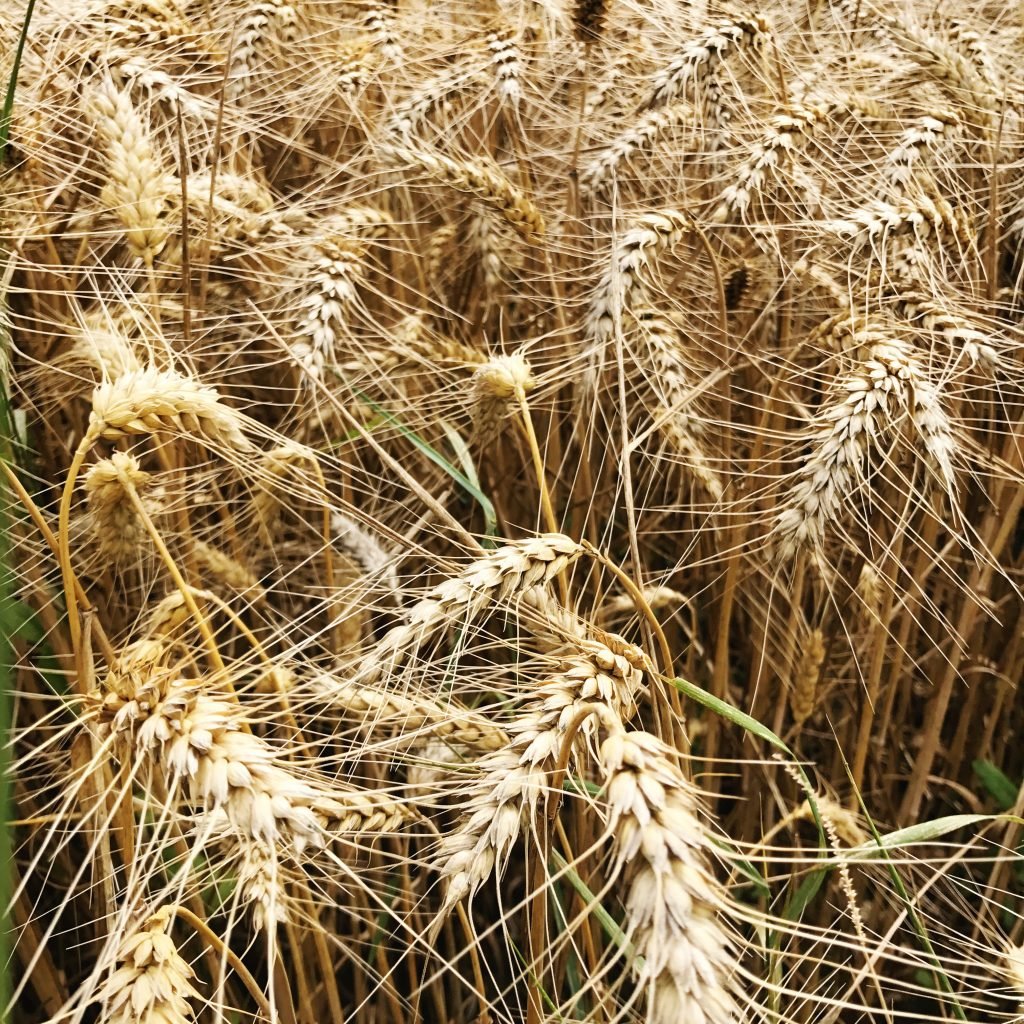
Earth-tinction
Over the past century over ninety four percent of food seed varieties have disappeared. Just think about it for a moment. How many different kinds of apples or lettuces for instance do you see for sale in the supermarkets? What if there is a disease that wipes out that one variety of apple?
Below is the trailer from Seed: The Untold Story:
https://youtu.be/WlYkLEpHU0Q
Exodus
Also, distinct cultures are being eroded and disappearing lulled by the Pied Piper’s tune of a better life. Globally we see a mass exodus from villages to the cities. We walked through villages, many felt like ghost towns, with derelict buildings and closed shops.
Hope
I have painted quite a picture of doom and gloom. Yet I do think there is hope.
For instance, the mass exodus of Chinese from the rural villages has started to wane. In fact, many are returning back to their villages. The Pied Piper’s promises didn’t hold true. Many had worked hard to find out that they were the disenfranchised. The grass wasn’t greener in the cities. They didn’t find the better life of comfort and security they had hoped for. Capitalism, consumerism and globalisation, as Chinese turned their eyes to the West hasn’t delivered what they expected.
There is hope yet I don’t feel like I have the answers moving forward. I can only give snippets of a picture that I see may emerge.

Basic Wage
There is talk for instance of governments providing a ‘basic wage’. Technology promised a future utopia where we would work less and have lives filled with greater leisure and joy.
Statistics show that many of us are working much harder, have more chance of being diagnosed with a mental disorder and experience great levels of anxiety and stress. We feel more isolated and disconnected than ever.
Machines, computers and robots have replaced the need for humans. Governments are beginning to recognise that providing a minimum wage may be a good step in the right direction.
Business, Economic and Human Population Growth
I think that there also needs to look at how we measure business and economic growth and find new models as capitalism is killing the planet. Just like a spreading virus, the expectation of infinite growth will kill the organism infected by it.
While we are on the subject of growth, we need to start to begin to look at global population growth seriously. While some countries in Europe or in the case of Japan, are experiencing ‘negative growth’ or a decline in population, other countries are expanding rapidly such as India. We need to start by changing our attitudes to the number of children we have.
Some serious decisions need to be made that may affect our human rights yet we need to begin to think collectively in this case not just individually.

Small Is Beautiful
In the 1970’s E. F. Schumacher, a German born British economist wrote Small Is Beautiful: A Study of Economics As If People Mattered, a collection of essays outlining that modern economies are unsustainable.
He speaks about the ‘humane employment of machinery’ and about ‘enoughness’, appreciating both human needs and limitations, and the appropriate use of technology. [3]
His philosophy grew out of his study of village-based economics, which he later termed Buddhist economics.

Returning to the Village
It isn’t too late to return back to the village.
In the Pied Piper of Hamelin story, when the citizens refuse to pay for his service, the piper retailiates by using his instrument’s magical power on their children, leading them away a he had the rats.
We still have time to leave a future for our children. We can begin to consume less and find joy in ‘less is more’. Movements such as minimalism, slow food, and food miles show us that as individuals we can lead the way. That we can return back to the villages, we can return to small scale.
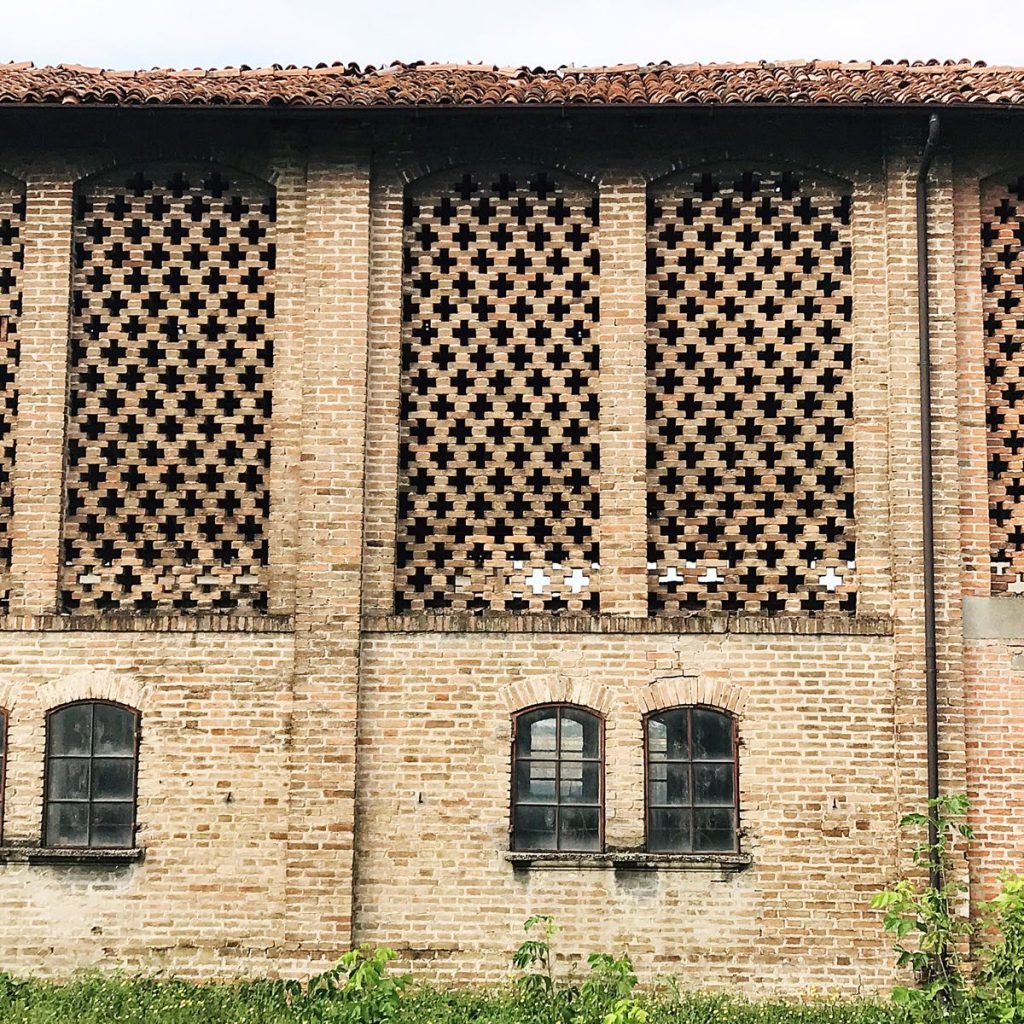
Going Home
Henry David Thoreau also gives another possible derivation for the word saunter:
sans terre, without land or a home, which, therefore, in the good sense, will mean, having no particular home, but equally at home everywhere. [4]
I think we have lost our home. The mansions we indebt ourselves to are not our homes. Or the slaves we have begun paying rent to have a roof over our head aren’t our homes either. We have become ‘homeless’ as we have lost touch with our true home, the earth.
Earthly Home
The earth provides all that sustains us. Yet we are disconnected from it. We are without land. We have lost touch with the earth.
Cultures such as those in Bali have maintained to some degree their culture and connection to the land. They pay tribute daily to the earth in their rituals and daily shrines. They are intimately connected to village life. They know who they are in the world through their connection to earth and place.

Earth and Soil
As I saunter my way to the Holy Land, I do so mindfully with each step. I walk the sacred earth mindfully.
The earth is part of my heart. I am not surprised that “heart” and “earth” are made up of the same letters.
The soil is my soul. For from the soil I owe my existence.
When we work the earth with our hands, we walk it. Our work is our “toil“. We become human when we have our feet on the ground and hands in the earth instead of using inhuman machines to turn up the soil. The soil, the earth makes us human when we work with her.
Let us reject the agrichemical global terrorists as we embrace and remember our terrestrial heritage as “terre-rists”.

Love Per Square Foot
Instead of speaking of yield, we can create abundance both in the food we are rewarded with through our human efforts but also through the spiritual connection we maintain with the earth.
We can speak of investing love per square foot in the earth. We can see how our toil can nourish our souls. That through collective human endeavour instead of monstrous inhuman machines, through working with others, we create connection.
Let us find our way back to the villages, to our hearts, and to our souls. Let us use our feet again as a form of measure, that through having our feet on the earth again discover its real treasure.

Earthlings
This world’s resources are finite. Yet it can provide for our needs and future generations indefinitely if we begin to live sustainably. It will require some big shifts in thinking and to begin to think locally and employ ‘small mindedness’ in our lifestyles.
It is time we begin to ‘walk the earth lightly’. Schuamacher (which interestingly means “shoe maker” in German) provides a vision forward.
Time to plug our ears with wax like the sailors aboard Ulysses ship to not hear the lulling songs of the Sirens. Time to not be deceived anymore by the Pied Piper’s magic pipe.
Custodians Of The Earth
We haver all heard the phrase that we are using one and a half planet’s worth of resources. Many have misinterpreted the Book of Genesis in the Bible that we were granted domain over nature. We are its custodians and need to remember this.
We are of the earth. We were born of the earth and will return to it some day. As we walk through countries in Europe through old and decaying villages with diminishing populations, I look in hope that one day that people will return having discovered as in China that the Piper’s magic tune is all illusion.

The Holy Land
I hope one day that we all can reconnect to the sacredness of the earth. As I walk towards the Holy Land, I realise that the Holy Land is under my feet right now. That the earth is sacred. That with each step I walk in reverence for all it provides.
In Maltese the word for “blood” is “demm” and the word for “bone” is “ghadam” (the “gh” is silent). I think of Adam in the Garden of Eden and how we are the earth that sustains this garden. We have the keys to Eden. Heaven is here for us on earth not in some ethereal place in the sky.

To The Sacred Earth
Let us all be saunterers, going à la sainte terre through life. Enjoying the fruits of the earth in this Garden of Eden, remembering our home, having not been deceived by the forked tongue of the serpent or lulled by the magical pipe of the piper.
Let us find our way back home and that the Cree Indian prophecy remain unfulfilled:
When the last tree is cut down, the last fish eaten and the last stream poisoned, you will realize that you cannot eat money.
Bibliography
1. http://www.forum.french-linguistics.co.uk/forum/topics/help-with-an-old-french
2. https://www.rottentomatoes.com/m/seed_the_untold_story/
3. https://en.m.wikipedia.org/wiki/Small_Is_Beautiful#Synopsis
4. http://www.forum.french-linguistics.co.uk/forum/topics/help-with-an-old-french
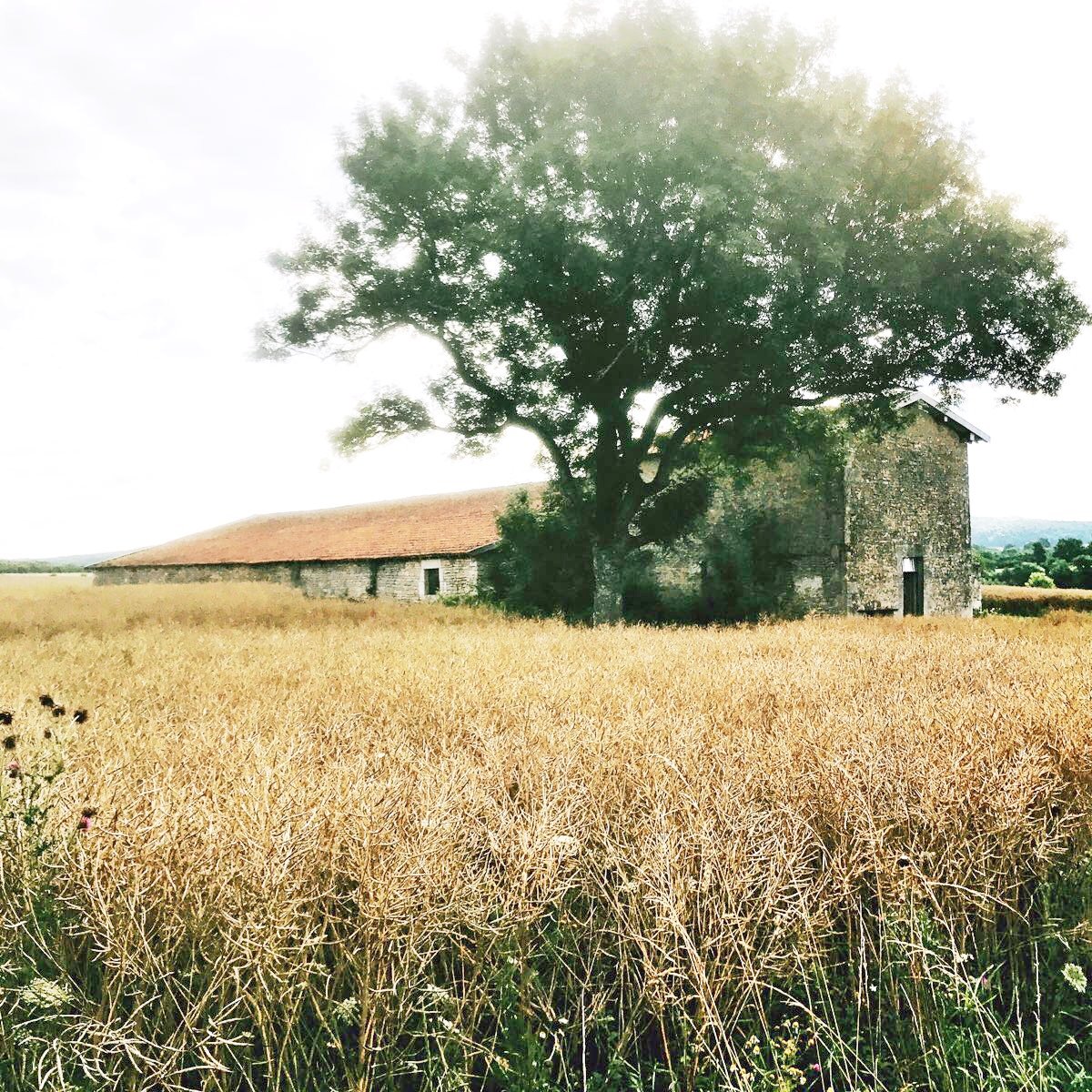
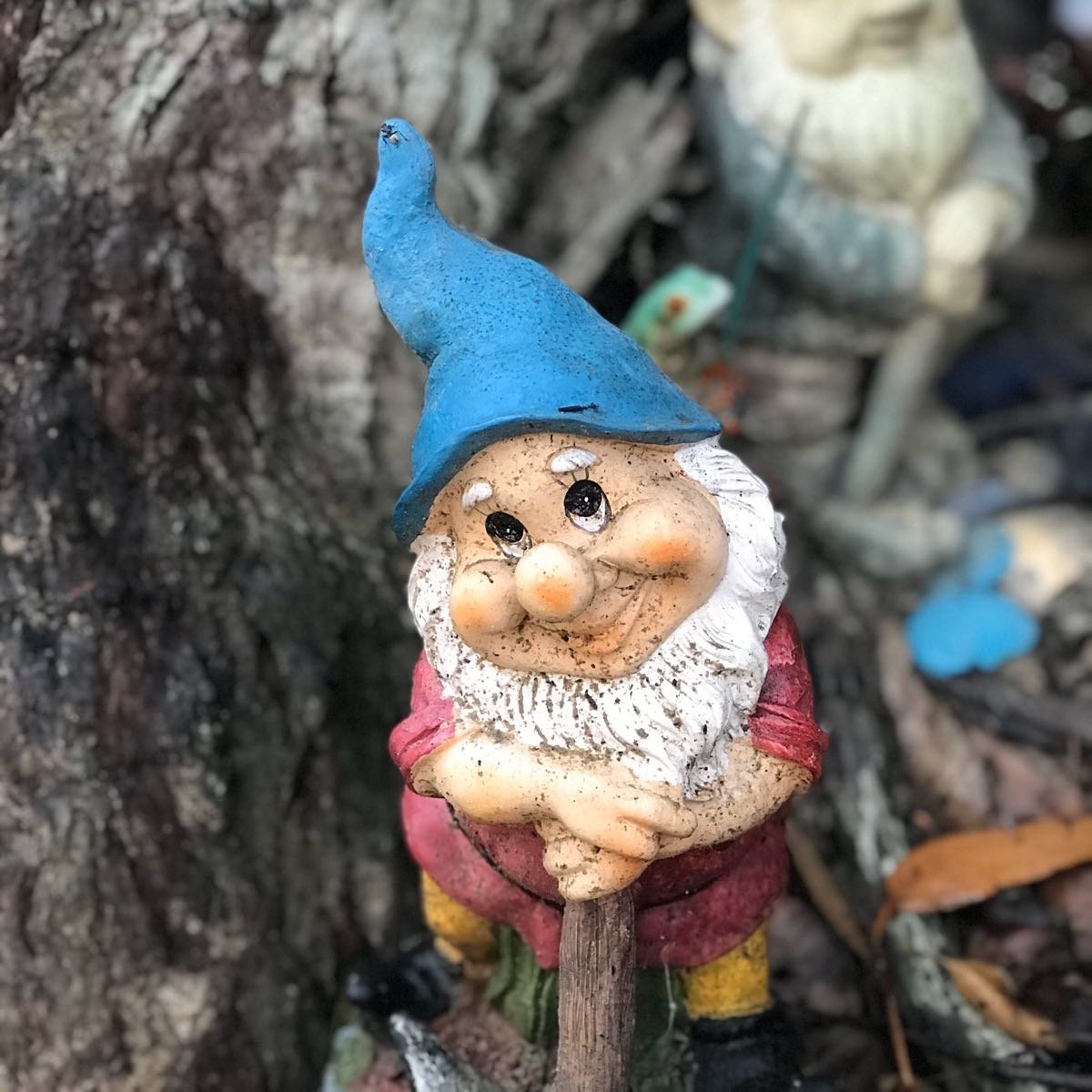
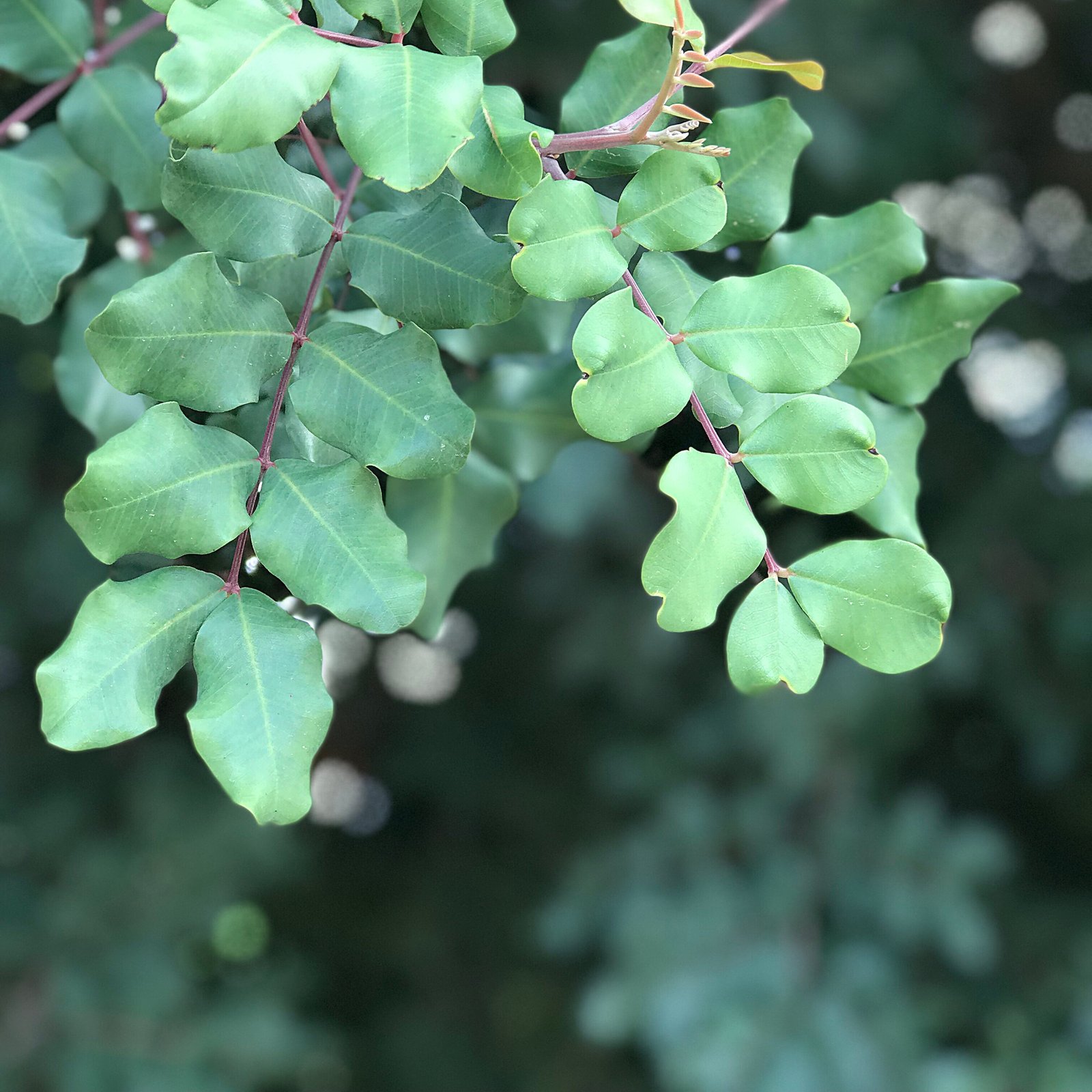


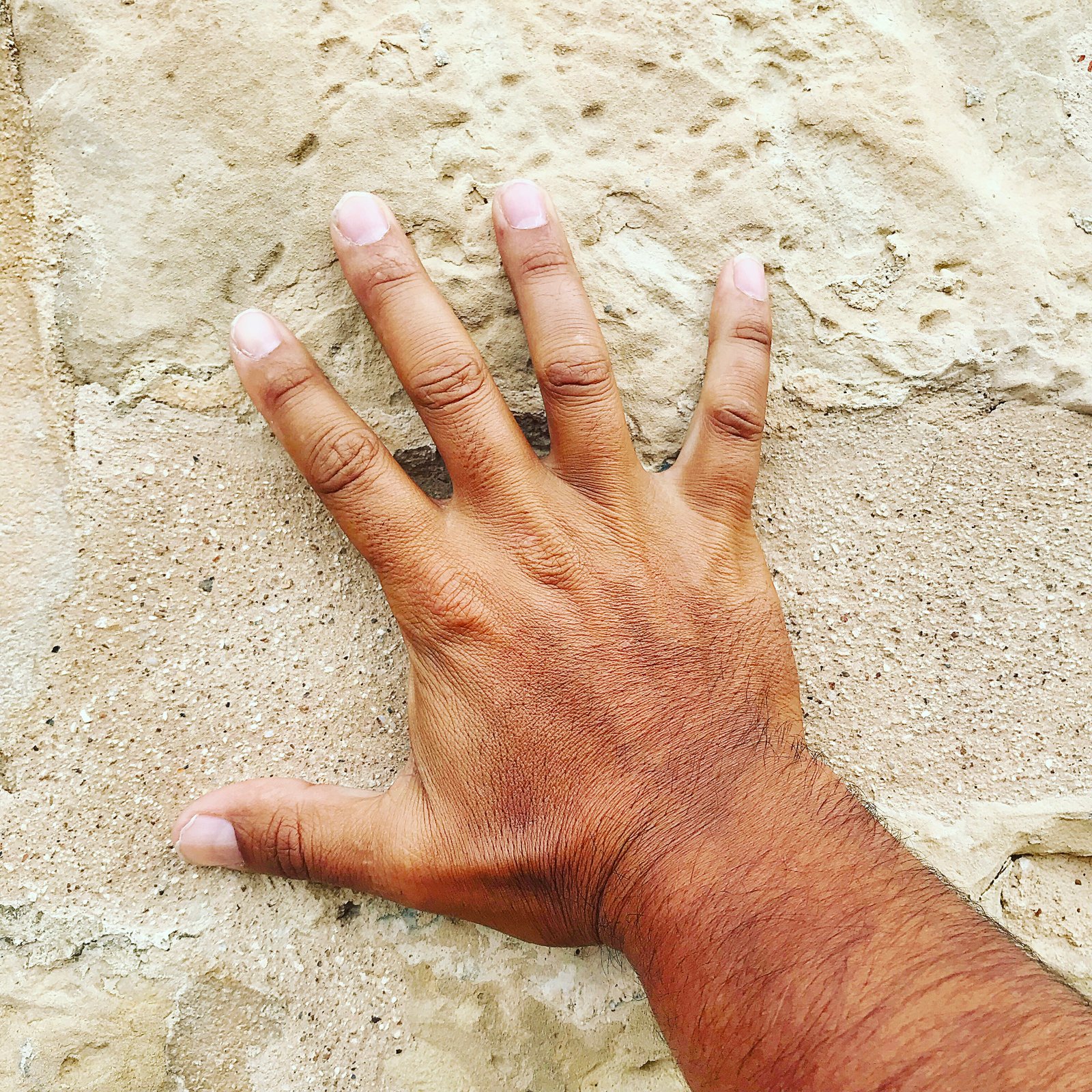

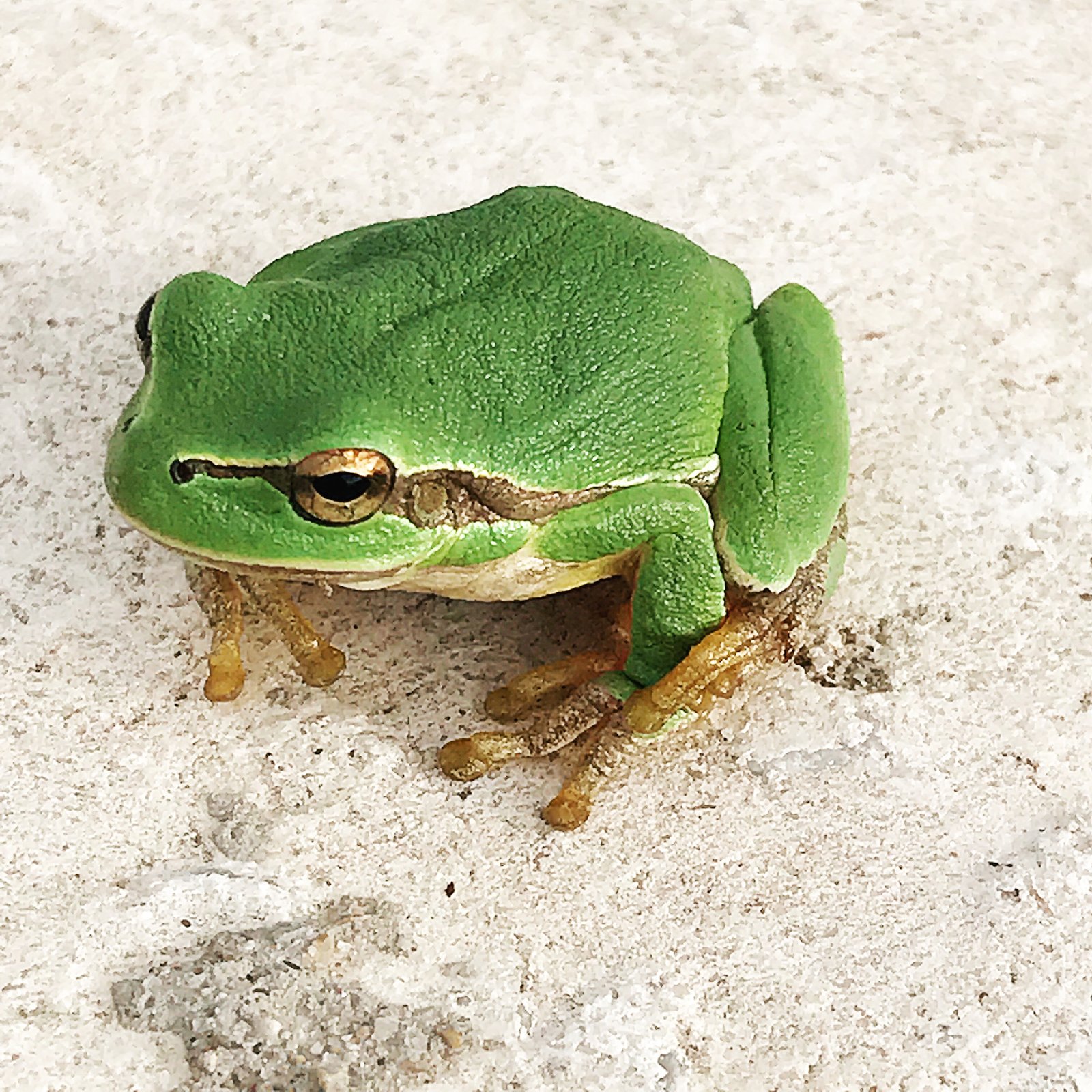



Heidi
08/18/2017Another beautiful article. You have a wonderful way with words my darling. And your photos are just divine xx
David Cuschieri
08/19/2017Thanks Hun for the encouragement and support, without it I wouldn’t be here and able to experience all this.xx
Diane
08/18/2017Hey dave what a great capsule of earth and story I am in right now…
Thanks for all the sharing so far and so nice to connect with Italy through your journey…blessings and Cole my friend sends his respect also…
David Cuschieri
08/19/2017Hey Diane,
Great to hear from you and so glad you enjoyed the post and following the journey.
Please send a big hello to Cole. If it is the same Cole that I know he lives near Mullumbimby and ran a men’s group that I was a participant in many years ago.xx
Henry Novo
08/19/2017Hello David. Just letting you know that I saunter every day and it’s the only way I can live in the present. I walk I breathe I think and I live and for a man to do that at the same time is amazing. Enjoying reading and living your journey.
David Cuschieri
08/21/2017Hi Henry,
Keep on sauntering.
Life is so much rich and alive when we do so.
Yes, for a man to do more than one thing at a time is quite a feet,I mean, feat 🙂
Glad you are enjoying the journey.